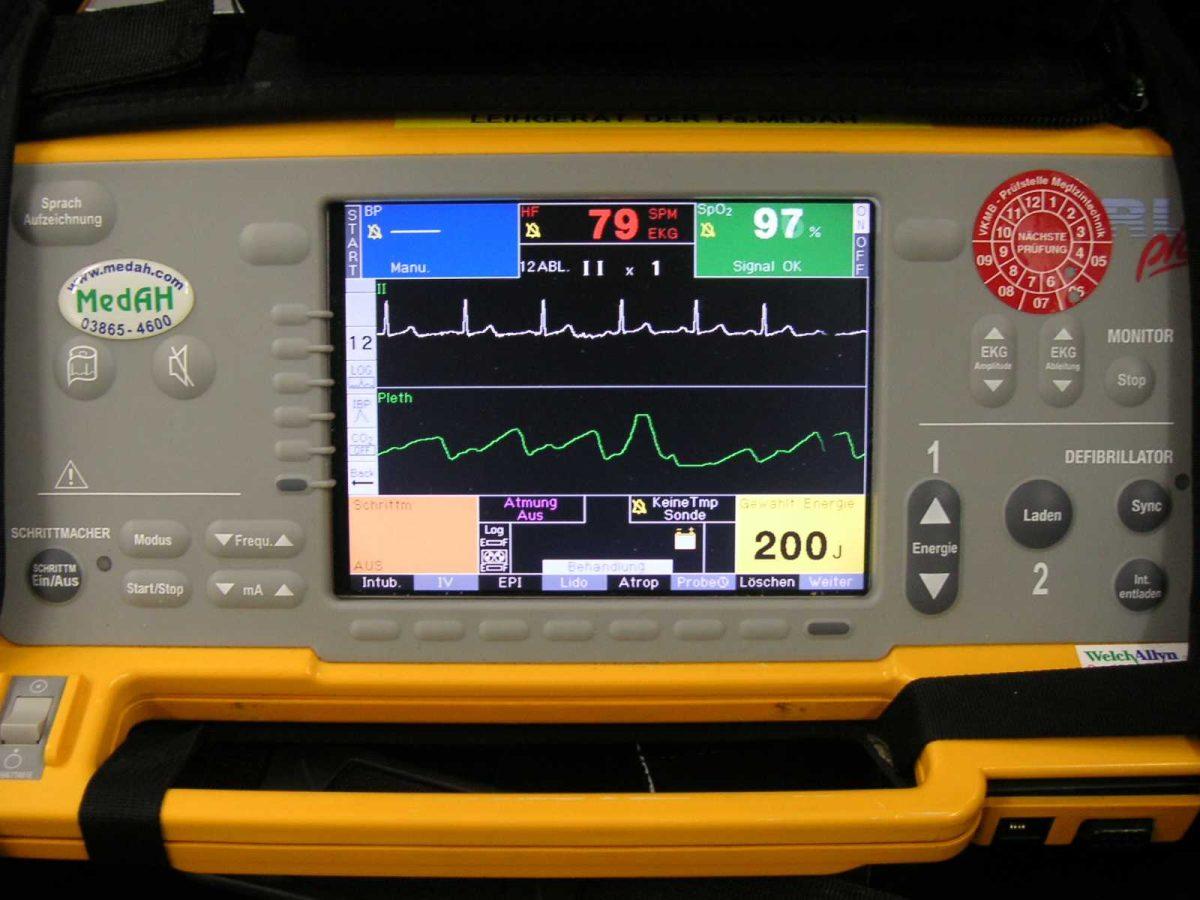A team from the United Kingdom’s Medical Research Council has developed a software that analyzes blood tests and scans of beating hearts to help doctors know when their patients hearts will fail.
The researchers at the MRC London Institute of Medical Sciences studied patients with pulmonary hypertension. In the United States, heart disease is the leading cause of death, according to the Centers for Disease Control and Prevention.
Louisiana’s leading cause of death, according to a 2014 CDC survey, is also heart disease. Louisiana ranks fifth out of all 50 states in heart disease mortality rate.
With this new technology, doctors can decide which mode of treatment would be optimal, depending on the severity of the situation, as indicated by the machine. Families of patients could rest easy knowing their relatives are receiving the quickest, most effective treatment for their particular case.
So far, this software is purely developmental. According to a Jan. 16 BBC article, doctors figure the machine to be 60-80 percent correct. This is a huge advancement in medical history, and it seems like something that could be extremely helpful and potentially save patients unnecessary surgeries and money.
“This exciting use of computer software in clinical practice will help doctors in the future to make sure that patients are receiving the correct treatment before the condition deteriorates and leaves them needing a lung transplant,” Dr. Mike Knapton of the British Heart Foundation said in the BBC article.
With these statistics and benefits in mind, how can someone not be all for this exciting new technology?
If the medical field becomes entirely reliant on artificial intelligence, then what would be the need for a doctor? Who’s to say the machines won’t replace doctors in some way in the future? That spells trouble to me, mainly because machines are built from blueprints. They lack the human empathy and intuition that prove to serve us good every now and then.
Human error is present in the medical field. You hear stories of people who were misdiagnosed or sent away from the emergency room, only to die the next day. This software could eliminate some amount of human error, but it’s almost like trading one vice for another.
The ways people think and relate to one another could never be duplicated by a machine, no matter how hard we try. It simply cannot happen. The human ability to think so many variants, while the machine operates on zeros and ones. Putting our trust entirely into a machine is not what is best for us as a society.
What if the machine wrongly diagnoses the patient? If the doctor trusts the machine too much to second guess it, the patient could die sooner than predicted, or the selected treatment could be ineffective.
Of course, this software is still in its trial period, but it is worth mentioning that we are becoming more reliant on artificial intelligence and less reliant on our human capabilities to become knowledgeable individuals.
Why not? We have Google to think for us.
In a perfect world, machines would be used as a tool and a guide, not as a replacement. This technology is exciting, innovative and the perfect example of how people are smart enough to create amazing things machines can’t. Human intellect cannot be replaced and should only seek to be enhanced with the aid of machines and softwares.
This particular software is not necessarily dangerous, but it could open the door to more advanced material that could render doctors’ roles obsolete. In a situation like that, we could be taking health advice from robots who don’t even have hearts to save.
Technology is an amazing tool, but it should not be used to replace the people in the positions to heal us. It should only be used supplementally.
Myia Hambrick is a 21-year-old mass communication junior from Temple, Georgia.
Opinion: New heart technology should not replace role of doctors in medicine
January 25, 2017
A new software developed in the United Kingdom will be able to analyze blood tests and allow patients to know when their hearts will fail.





